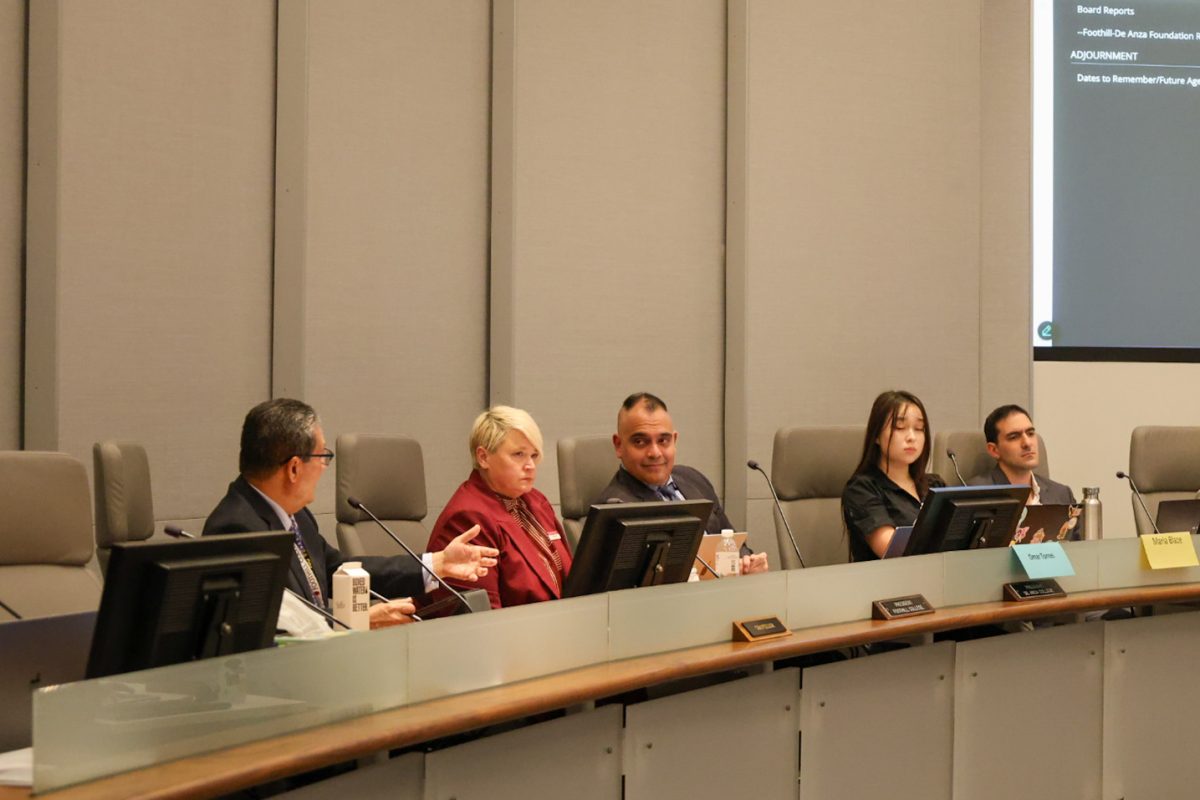Arizona religious freedom proposal thinly veiled discrimination
March 20, 2014
The fact that Arizona’s SB1062, a bill that would have allowed business to refuse service to gay people on the grounds of religious freedom, even made it to the governor’s desk is astonishing and frightening.
This is not the first time a state has attempted to use the legal system to discriminate against the LGBT community, and it certainly won’t be the last.
Supporters of the bill insist that those who associate the bill with discrimination have twisted and contorted the intended aims.
Although there is absolutely no mention of homosexuality in the bill itself, proponents of gay rights claim the bill is oppressive, while supporters claim it represents freedom.
Supporters of the bill claim the bill’s main intention is to ensure religious freedom and not to discriminate.
“This bill has nothing to do with discrimination,” wrote Kellie Fiedorek, an attorney for the Alliance Defending Freedom, in an article for townhall.com. “It’s protecting basic freedoms that belong to everyone.”
Fiedorek said the bill would allow a gay photographer to refuse to work for the Westboro Baptist Church.
She also argued the bill would allow a Jewish caterer to refuse to serve pork on a Saturday.
This argument is ridiculous,. There is not a law that forces a Jewish caterer to serve pork or work on a Saturday.
This religious freedom argument is being used to justify discrimination against an entire group of people.
Although the alliance contingents are pitching the bill as a right to religious freedom and not a means of discrimination, they have a rich history of opposing gay rights.
The alliance lobbied against lifting the military’s “Don’t Ask, Don’t Tell” policy in 2011, supported Texas’ anti-sodomy law and vocally oppose gay marriage.
The alliance’s president, Alan Sears, wrote a book titled, “The Homosexual Agenda: Exposing the Principal Threat to Religious Freedom Today.”
Does the alliance really expect people to believe they weren’t thinking about homosexuality when defending this bill?
On the side of the opposition, some are arguing for economic security and the threat the bill posed.
Corporations including Apple, AT&T, American Airlines and Intel feared the bill would harm Arizona’s economy and might result in discrimination lawsuits, boycotts and other hits to its businesses, according to an online article from CNN.
The arguments that led to the death of the bill focused on financial, rather than moral issues. Maybe that’s how the bill got all the way to the governor’s desk. The majority of people were too afraid to speak out in support of LGBT rights.
On Wednesday, Feb. 26, Arizona Gov. Jan Brewer vetoed the bill.
“Senate Bill 1062 does not address a specific and present concern related to religious liberty in Arizona,” Brewer said in a speech after vetoing the bill. “I have not heard of one example in Arizona where a business owner’s religious liberty has been violated.”
Brewer cannot find an example because one does not exist.
Religious freedom is not under attack in the United States. Any bills that seek to defend against this nonexistent attack are hijacking the idea of religious freedom to achieve different, unpopular ends.
























